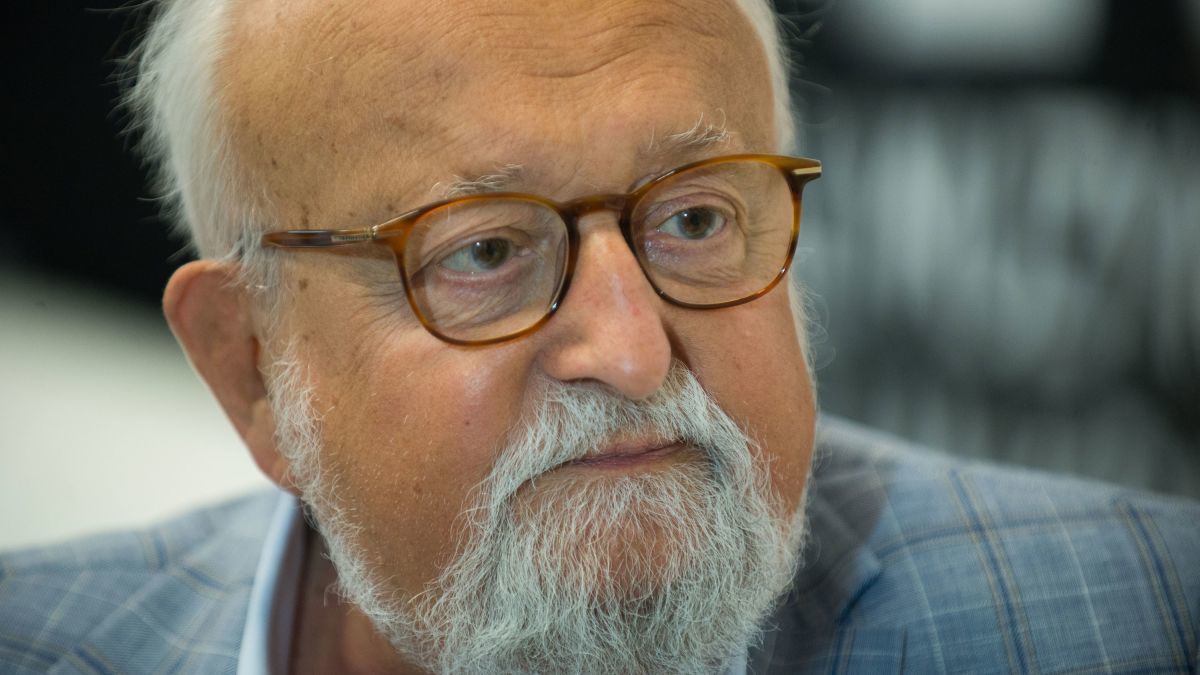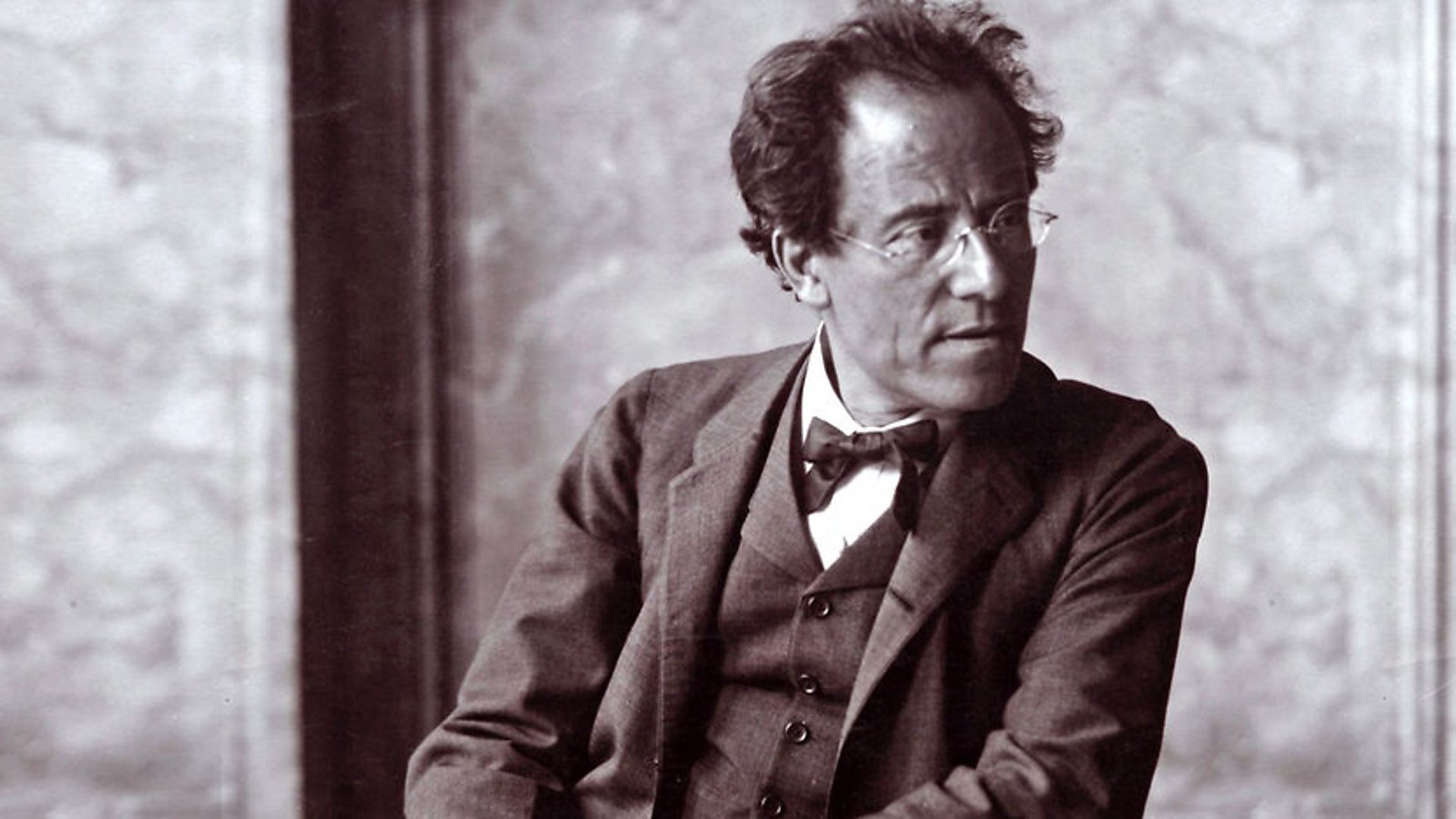Remembering Krzysztof Penderecki
The Polish composer and conductor Krzysztof Penderecki passed away Sunday following what his wife, Elzbieta, described as “a long and serious illness.” He was 86. Penderecki’s early compositions grew out of the modernist tradition associated with composers such as Anton Webern, Karlheinz Stockhausen, and Pierre Boulez. Later, his style broadened. Commenting on this evolution, Penderecki said, “I was saved from the avant-garde snare of formalism by a return to tradition.” One of his most …







